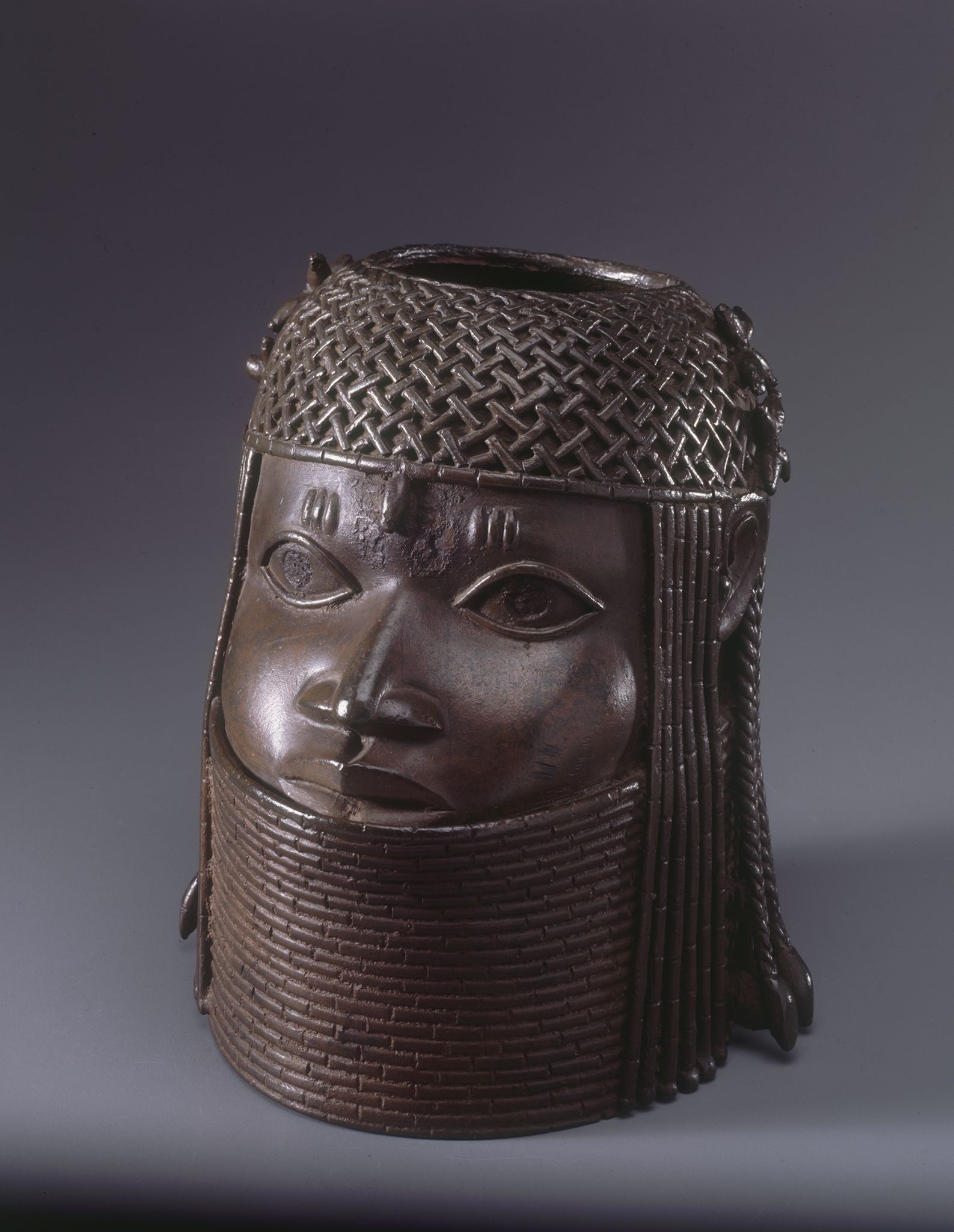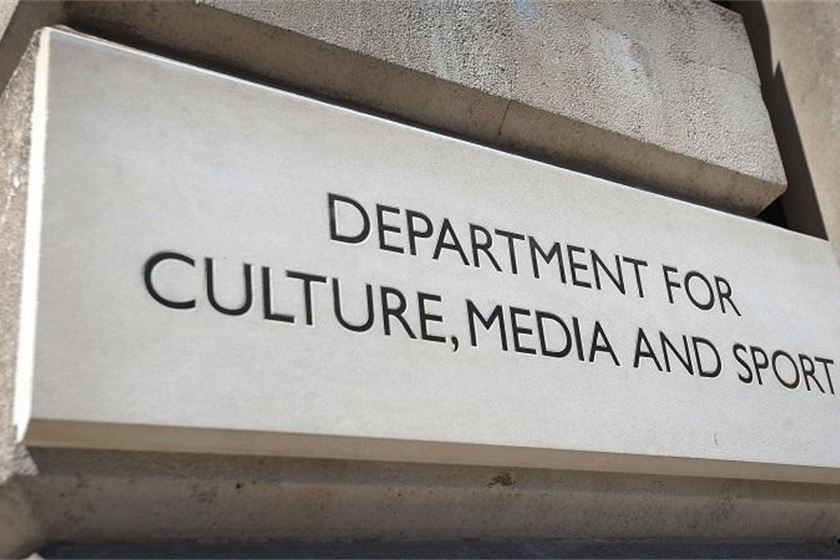Cultural Restitution
SHARE ARTICLE
The emergent gap between Britain’s national and non-state collections is about to get wider, as prospects for a UK nationwide restitution strategy appear as far away as ever.
In a significant announcement, the UK government has confirmed it will exclude national collections from new provisions in the Charities Act 2022 that would otherwise allow all charities to return objects on moral grounds.
Later this year, most charity trustees will be able to make ‘transfers’ of objects where they feel compelled by a moral obligation. Defined as ex gratia payments, these include transfers of museum artefacts. But trustees of Britain’s national collections will be denied this right.
Writing in January this year to the Charity Commission chairman Orlando Fraser, Britain’s arts and heritage minister Lord Parkinson explained that national museums and galleries will remain bound by their existing governing legislation, “precluding them from resolving to restitute objects from their collections other than in the limited and specific circumstances expressly provided for in legislation.”
It's not clear how these transfer provisions, contained in sections 15 and 16 of the new Charities Act, were initially overlooked. The Act gained Royal Assent in February 2022, but seemingly was passed without detailed parliamentary scrutiny or debate. Sections 15 and 16 were of special interest to the museum sector because they gave trustees of national collections the right to override those restrictive clauses that currently prevent them from returning artefacts. Had these new provisions come into law unchanged, they would have brought national museums closer in line with other collections that have used moral grounds to secure Charity Commission approval for returning artefacts (like the Horniman Museum and Jesus College, Cambridge with their return of Benin artefacts to Nigeria).
At the time, Alexander Herman, Director of the Institute of Art and Law, described this development as “remarkable”.
However, before these provisions could be implemented, government intervened and suspended them. Other provisions have come into force in tranches, the latest in March 2024. But implementation of section 15 and 16 will not take place until later this year. At that point, they’ll be introduced with two important government changes: the exclusion of national collections from the right to make ex gratia payments and a requirement for the Charity Commission’s approval before any transfer is made outside the UK.
This government intervention is disappointing. Had they made no changes, there was still no risk of an exodus of ‘trophy’ items leaking out the doors of Britain’s national collections. Only 'lower value' items qualified.
Instead, this latest intervention joins a growing list of other actions taken by government to avoid any change in heritage legislation.
In addition to their constant mantra that heritage legislation forbids most restitutions, other examples include government shunning the advice of senior museum officials, like V&A director Tristram Hunt, who’ve recommended giving greater responsibility to trustees to decide what should and should not be in their collections. They’ve also dug their heels in against co-operation with George Osborne at the British Museum over a potential agreement with Greece on the Parthenon Marbles and they’ve vetoed trustee appointments (or reappointments) where candidates hold different views from their own, especially over the issue of decolonisation.
As national collections in Wales, Scotland and Northern Ireland already have greater scope (with conditions) to repatriate cultural items to source communities, national museums in England are looking dangerously isolated, turning their backs on a global-wide sentiment that is moving inextricably in favour of returning stolen artefacts.
Government will say it’s unwilling to change tack without clear evidence of a change in sentiment. It’s true the most recent opinion poll in the UK relates only to the Parthenon Marbles (64% of those Britain’s polled were in favour of returning these sculptures, according to a YouGov poll published in July 2023*). But although this Parthenon poll doesn't reflect a broader sentiment in favour of restitution, it does suggest there's growing momentum in favour of reviewing and debating the status of contested items in our national collections.
Government can also learn much from experience across the Channel, where other former colonial nations face the same legal, legislative and ethical challenges to state collections. They seem much less afraid to confront these challenges.
Instead of hiding behind the status quo, European countries are establishing independent advisory committees, enabling policy to be determined after the widest possible consultation. Parliaments in Austria, Belgium, Germany and the Netherlands have all responded positively to new policy frameworks, guidelines and procedures recommended by advisory committees. And in a growing number of countries, this includes new legal frameworks to overturn the legislative obstacles that have prevented restitution in the past. Belgium claims to be "at the forefront of international restitutions of colonial collections", becoming the first country in the world with a legislative framework allowing large-scale returns of colonial artefacts. Others are heading in the same direction.
How widespread is this movement? Ireland and Switzerland, two countries with no history of colonialism, are both in the process of setting up advisory committees; Spain announced a ‘review process’ of state collections in January this year; France, which kick-started this new era of restitution with President Macron's speech at Burkina Faso in 2017, is debating the third of its so-called ‘framework’ laws to overcome the French principle of inalienability that prevents restitution of colonial items.
These committees have involved input from museum and heritage professionals, experts in legal affairs, ethics, economics and civil society, as well as representatives from former colonies. Considerable time has been invested, sometimes stretching over more than a year, holding intensive consultation and discussions between the different stakeholders. Tellingly, politicians have played little or no role in this investigation and consultation process.
What can the UK learn from this European experience? Independent advisory committees do not guarantee the delivery of a uniform approach to restitution. Nor are their policy guidelines and procedures always consistent. Their scope is sometimes quite narrow and political priorities tend to water down some of the recommendations when legislation is introduced into parliament.
But there are also remarkable similarities in the building blocks that underpin emerging policy frameworks: a need for government to acknowledge and address the historical injustices that led to the acquisition of cultural artefacts; a need to better understand the interests of the different parties; and the importance of de-politicising the debate - allowing those in the vanguard of the heritage and restitution debate to propose solutions and practical accommodations.
Is it conceivable the British government would consider the formation of an independent advisory committee to direct future heritage policy? Possibly not under the present government and certainly not without pressure from the public, underpinned by an independent and authoritative review.
So, faced with a government determined to avoid change, we've no alternative but to de-politicise the debate and to press ourselves for an independent committee that can recommend to parliament a modern framework for a nationwide restitution strategy. Pressure from all others informed and concerned is essential. Here at Returning Heritage we intend to play our part in ensuring this pressure succeeds.
* YouGov poll commissioned by the Parthenon Project and published by the BBC, 21 July 2023



